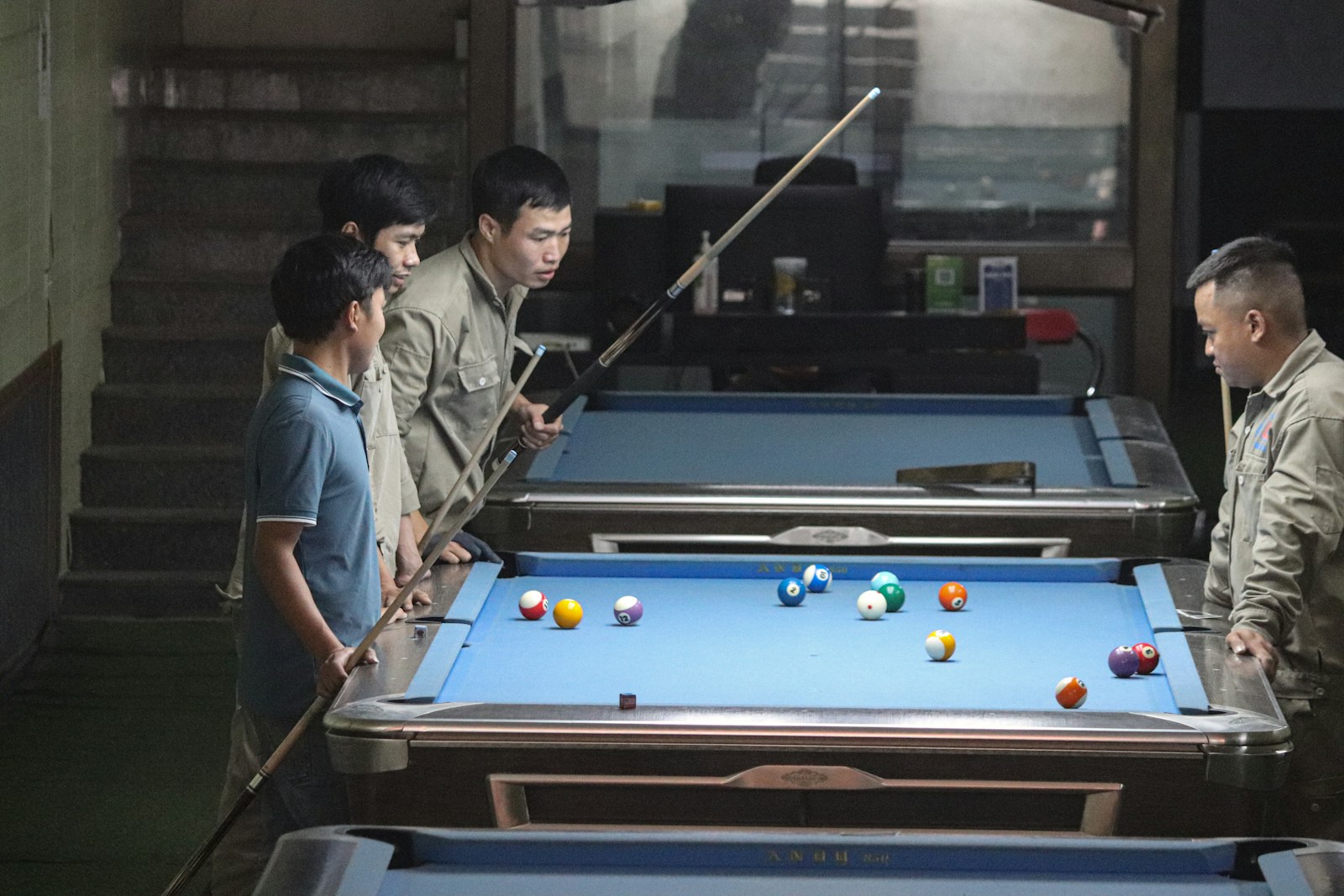
赢
yíng

win
The Chinese word for 'win' is '赢' (yíng). It is commonly used to express victory or success over something or someone in various circumstances, scenarios, and contexts such as sports, games, competitions, arguments, etc. Much like its English equivalent, '赢' can be used as a verb and it is often found in colloquial conversations, written texts, and instructional contexts.
Example sentences using: 赢
他赢了比赛
tā yíng le bǐ sài

He won the match
This sentence is used to indicate someone's victory in a competitive event or match.
我赢了你
wǒ yíng le nǐ

I beat you
This sentence is used when someone wins in a competition against another person.
你赢了游戏
nǐ yíng le yóu xì

You won the game
This sentence is used to indicate someone's victory in a game.
我昨天赢了很多钱
wǒ zuó tiān yíng le hěn duō qián

I won a lot of money yesterday
This sentence is generally used when someone unexpectedly gains a large sum of money, for example in a lottery or bet.
他们在赢得比赛中感到非常高兴
tā men zài yíng dé bǐ sài zhōng gǎn dào fēi cháng gāo xìng

They are very happy to win the game
This sentence expresses that people are very happy after winning a game, suggesting that the victory is significant and meaningful to them.
他赢了所有的奖品
tā yíng le suǒ yǒu de jiǎng pǐn

He won all the prizes
In general, this sentence is used to express that someone has won all the prizes in a competition, meaning that they were highly successful.
如果你赢了,我会为你感到高兴
rú guǒ nǐ yíng le,wǒ huì wèi nǐ gǎn dào gāo xìng

If you win, I will be happy for you
This sentence is usually used in a situation where someone expresses joy or satisfaction for another person's success or victory.
我们的队伍赢了
wǒ men de duì wǔ yíng le

Our team won
This sentence indicates that the speaker and their team have achieved victory in a competition or match.
他试图赢得比赛但失败了
tā shì tú yíng dé bǐ sài dàn shī bài le

He tried to win the match but failed
The sentence expresses that despite someone's efforts to achieve victory, they ultimately did not succeed.
他们赢得了大奖
tā men yíng dé le dà jiǎng

They won the grand prize
This sentence is used when a person or group achieves victory and obtains a significant reward.